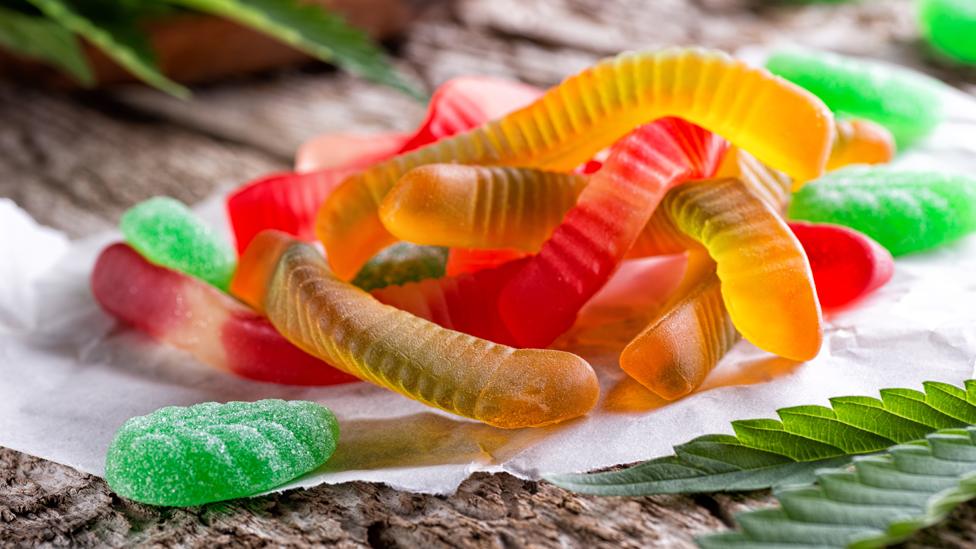UK music festivals: 'Drug checking could have saved Georgia'
- Published
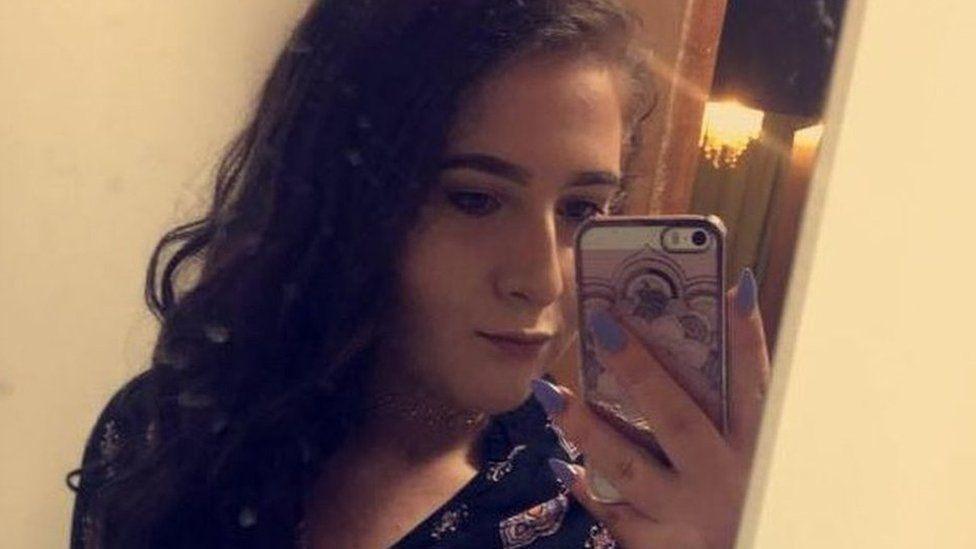
Georgia Jones' mum believes there's "too much stigma" around drugs
An 18-year-old who died after taking high-strength MDMA at a festival might be alive if on-site drugs tests had been at the event, her mum says.
Georgia Jones accidentally overdosed at Mutiny Festival, Portsmouth, in 2018.
Her mum Janine Milburn believes there's still too much stigma around drugs, and substance tests would have let Georgia know what she was taking.
Janine has spoken after new research from drug-checking charity The Loop and Liverpool University was released.
Their study suggests testing doesn't lead to more drugs being taken.
They also found that two-thirds of people who had drugs checked binned them if they weren't what they expected.
'Georgia could've had a chance'
Drug-checking wasn't in place at Mutiny when Georgia died. Tommy Cowan, aged 20, also died after taking drugs at the festival.
At an inquest into Georgia's death, the organiser Luke Betts described how people attending were searched for drugs as they entered.
Janine tells BBC Newsbeat Georgia's pills were "found to be pure - but extremely high strength".
"If testing was in place she could've got her pills tested," says Janine.
"She would've got advice on how to take her pills safer and the strength and purity of her pills as well."
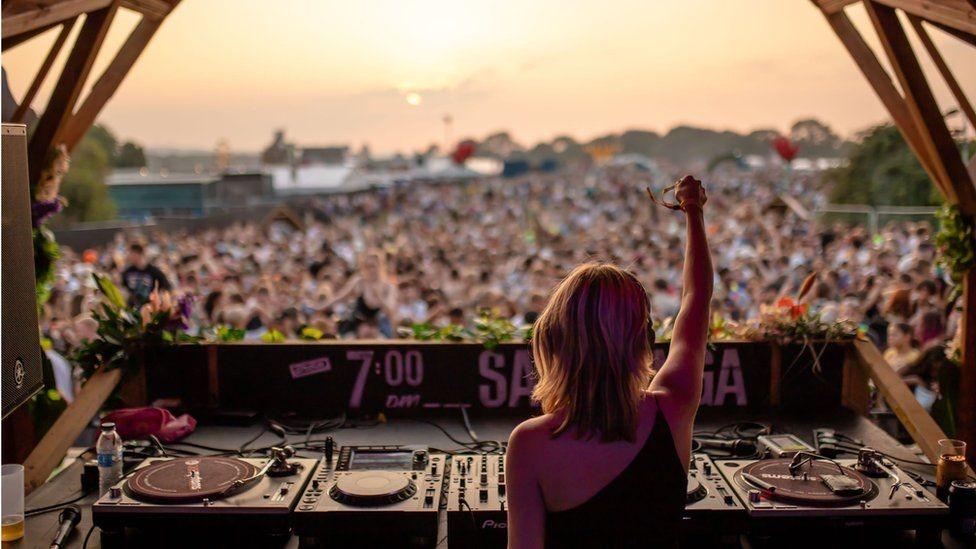
Love Saves the Day in Bristol has offered drug checking
'Our warning reached millions'
Festivals in the UK don't have to offer drug-checking services, and many of them currently don't.
Tom Paine, organiser of Bristol's Love Saves The Day festival, introduced testing at the event and says it helped to reduce drug-taking.
"We were able to put out three warnings across the weekend of substances that were dangerous," he says.
"One of these was three or four times the normal strength of ecstasy," he tells Newsbeat.
"Not only were we able to put that warning out - but it was shared by other festivals, bands and producers - and it reached millions of people."
One of the country's biggest music promoters, Festival Republic, announced plans to introduce drug-checking at Reading and Leeds Festivals in 2017.
In the run-up to the events, the company said it was waiting for a special government licence to make sure it wasn't breaking the law.
Festival Republic boss Melvin Benn later said he was worried drug-checking "could mislead" people and didn't take into account risks such as mixing alcohol and drugs.
The company has yet to respond to a request about whether it plans to introduce the service at any future events.
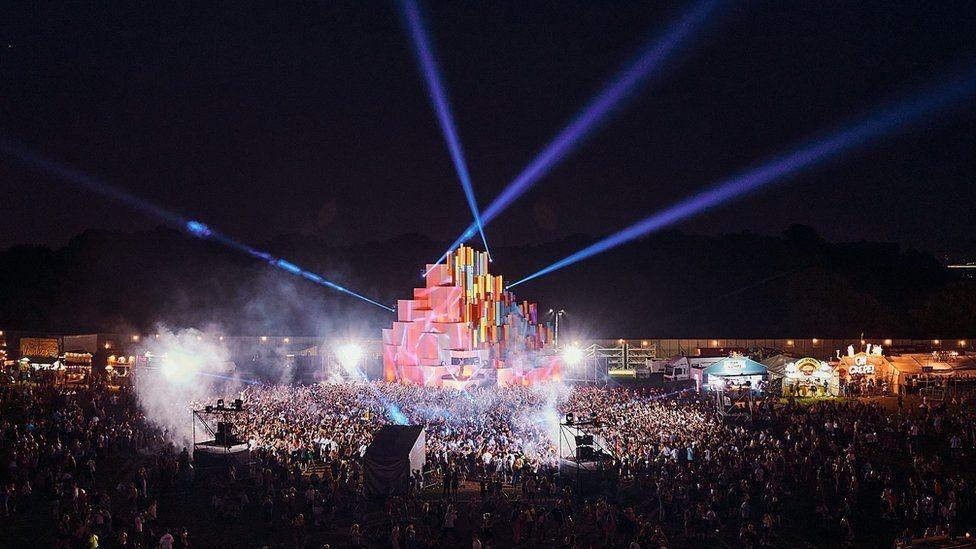
Love Saves The Day offers drug testing
How does drug checking work?
University of Liverpool Prof Fiona Measham, director of The Loop, led the organisation's latest piece of research on drug-checking.
She describes it as a three-year research project that surveyed 4,240 UK festivalgoers who used its service.
"People can come along, take samples of concern - they get tested in the lab and get confidential advice and information," Prof Measham explains.
"We found people wanted to use the service, they queued up to use it in all weathers, and they were willing to do that for several hours."
But could access to drug testing encourage people to take more drugs? Not according to the study's findings.
"Only about 1% said they'd take more, 48% said they'd take less - so I think we can say with some confidence that people don't take more after using the service, and in fact most people actually take less," Fiona adds.
Georgia's mum Janine also wants to see drug-checking offered at all festivals in the UK in the future.
"In my eyes there should be no argument, it should be available," she says.
"It's about saving lives and that's what we all want to do at the end of the day."


Follow Newsbeat on Twitter, external and YouTube, external.
Listen to Newsbeat live at 12:45 and 17:45 weekdays - or listen back here.
Related topics
- Published26 July 2022
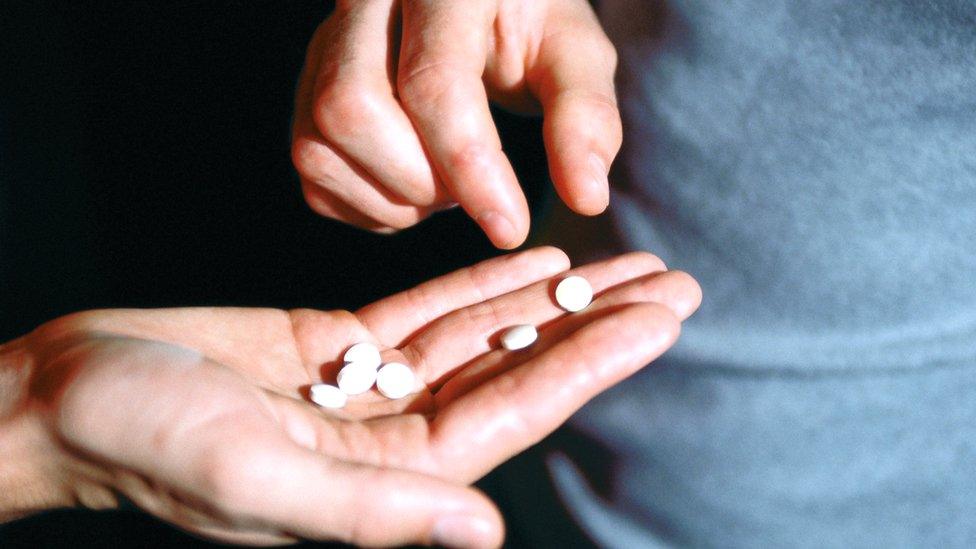
- Published7 April 2022
